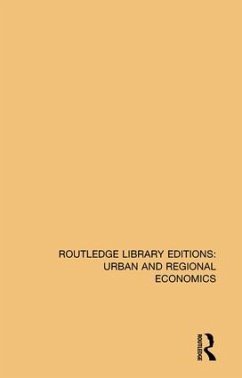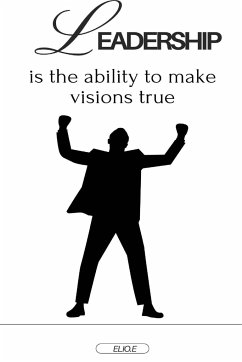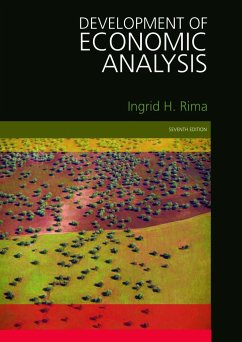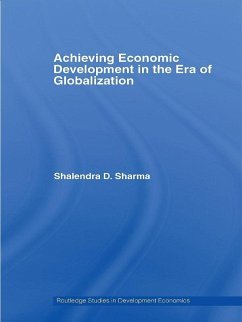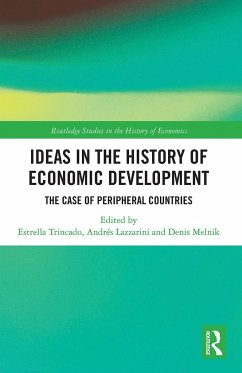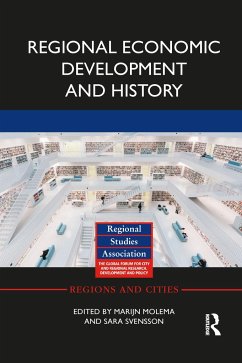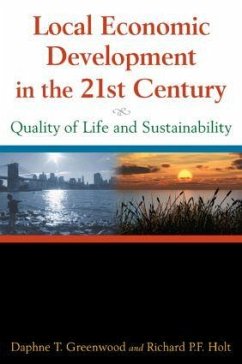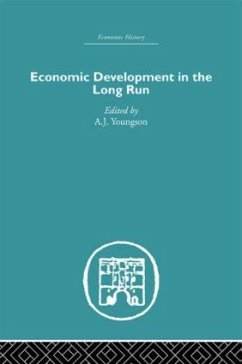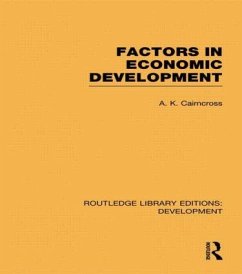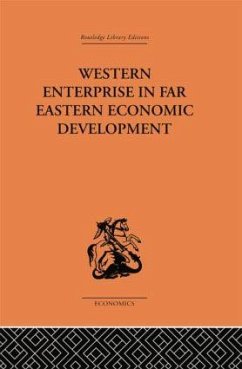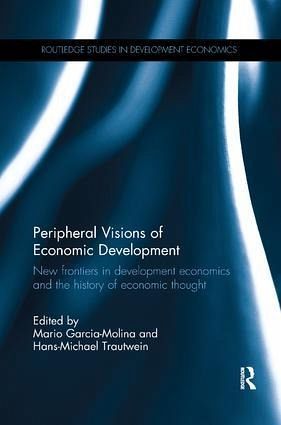
Peripheral Visions of Economic Development
New frontiers in development economics and the history of economic thought
Herausgeber: Garcia-Molina, Mario; Trautwein, Hans-Michael
Versandkostenfrei!
Versandfertig in 1-2 Wochen
63,99 €
inkl. MwSt.

PAYBACK Punkte
32 °P sammeln!
This book explores peripheral visions on economic development, both in the sense that it deals with specific issues of economic development and underdevelopment in countries at the periphery of the world economy, and in terms of its exploration of the economic thinking developed in those regions, particularly in Latin America. Bringing together an international group of historians of thought, economic historians and development economists from Latin America, Europe and other parts of the world, this volume is highly credited and is an excellent contribution to development economic studies.





